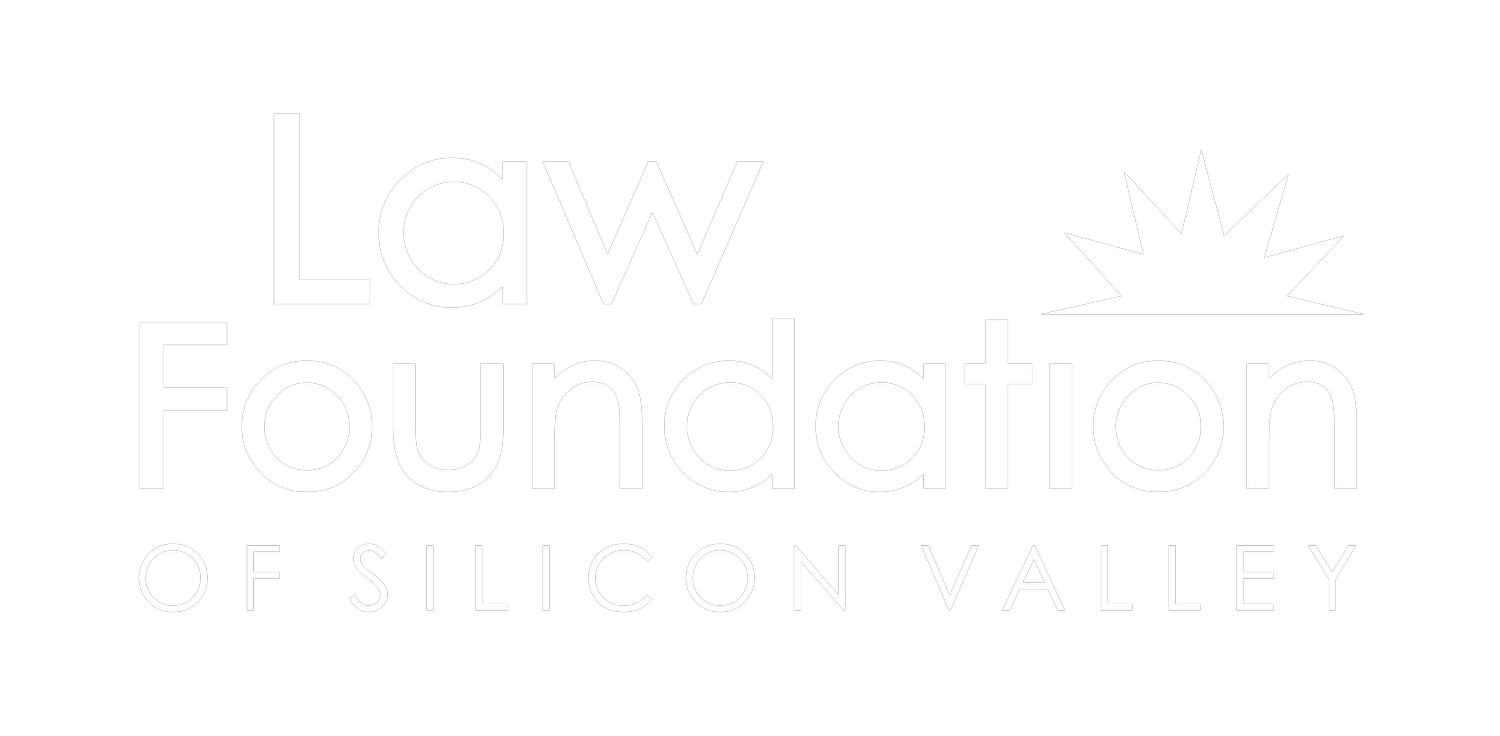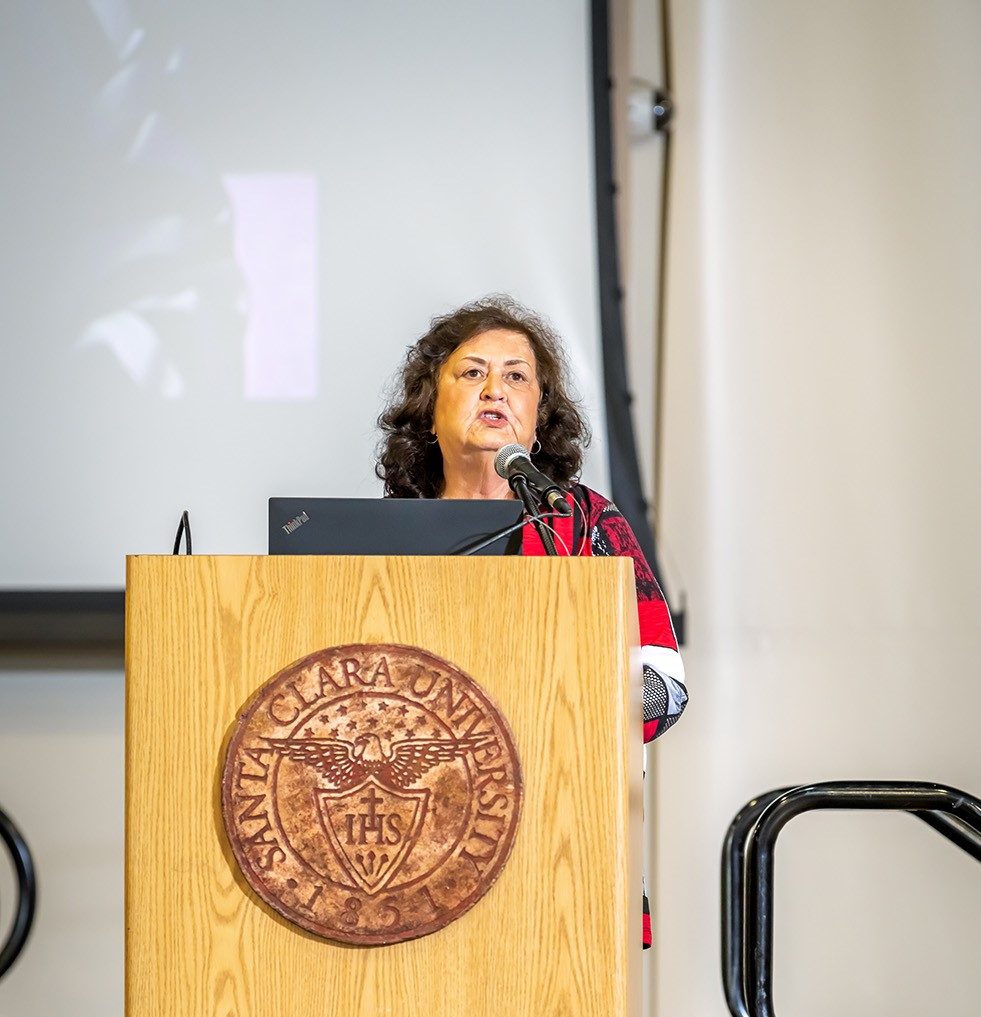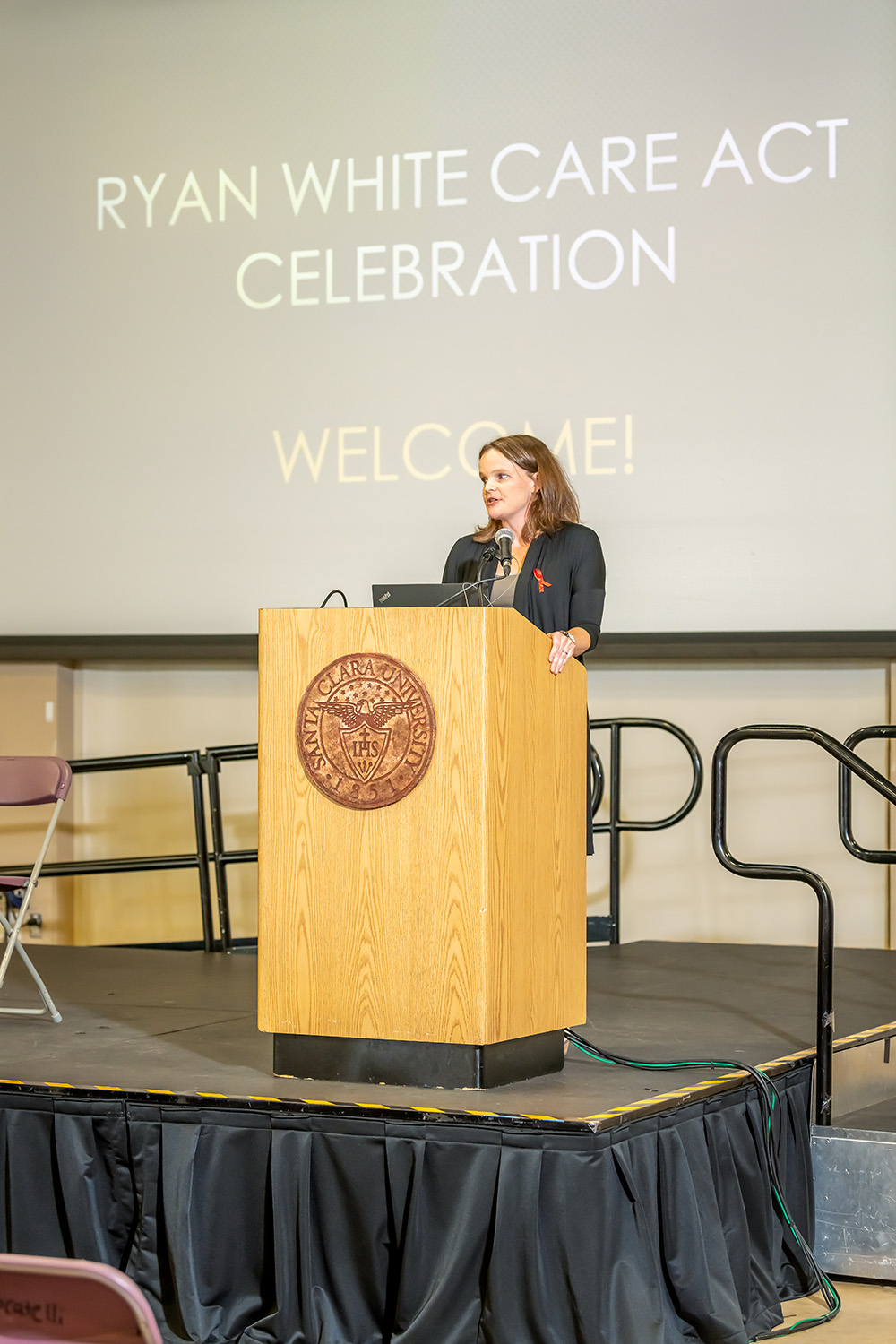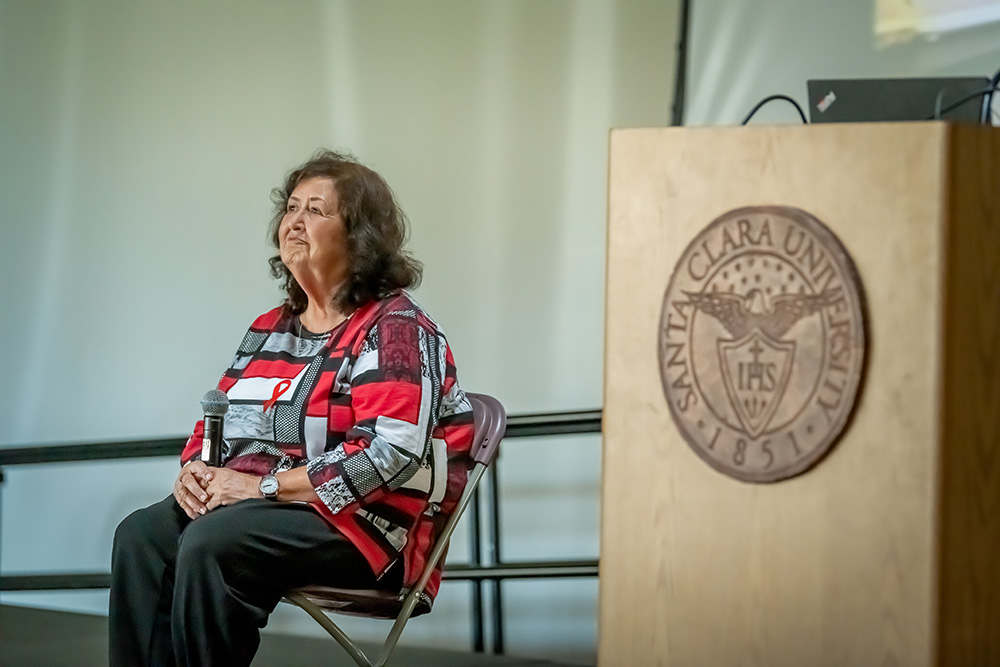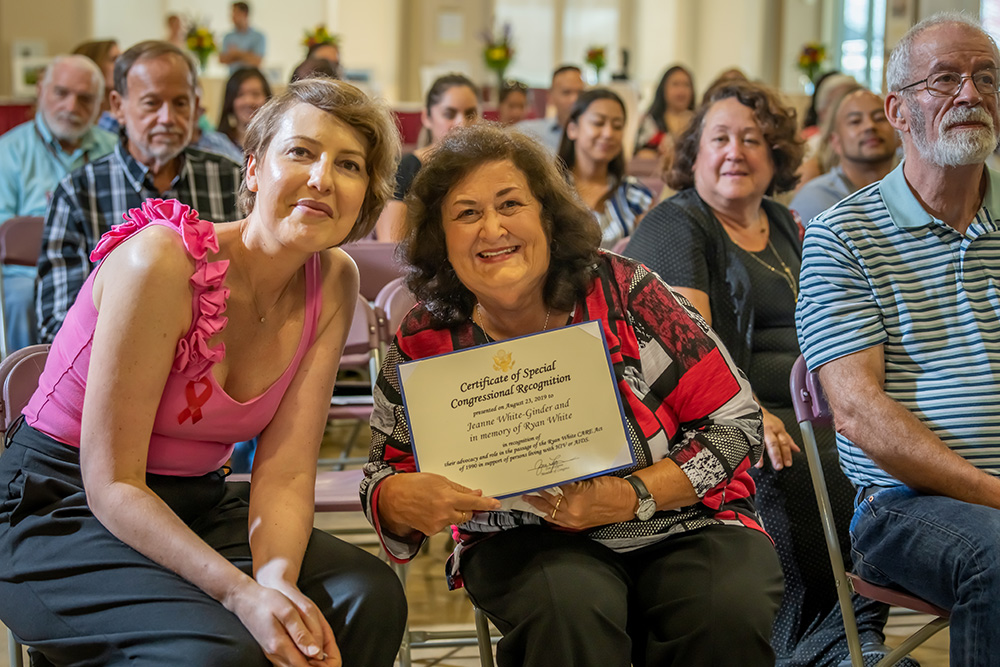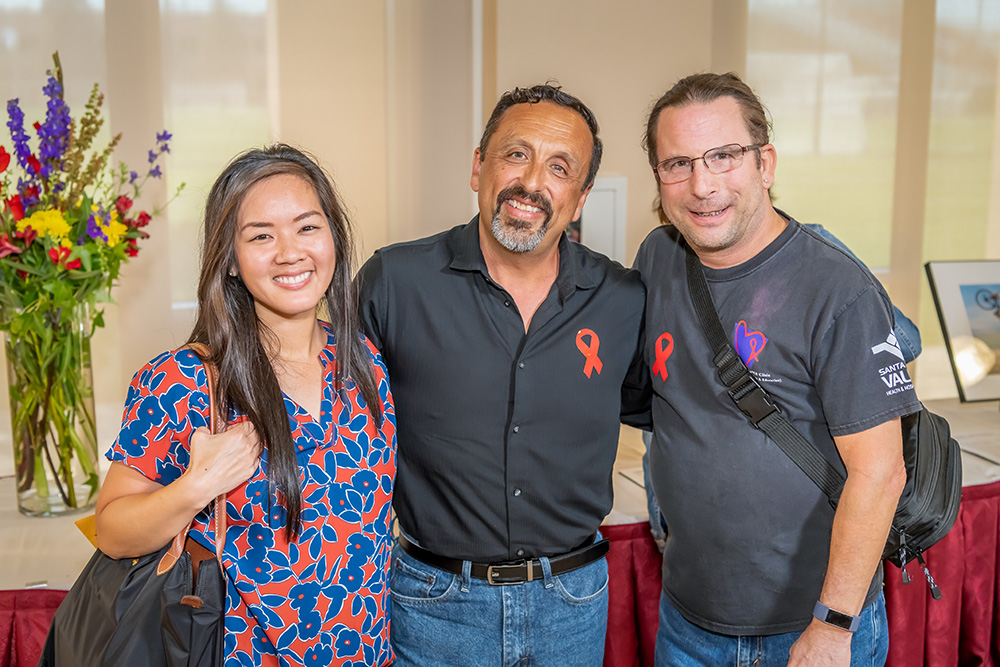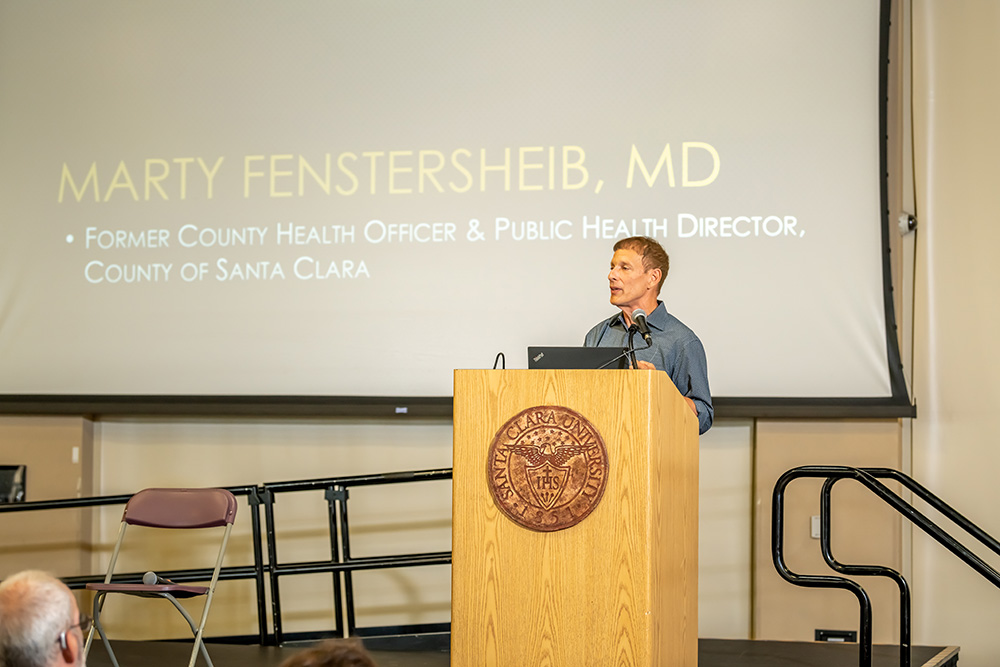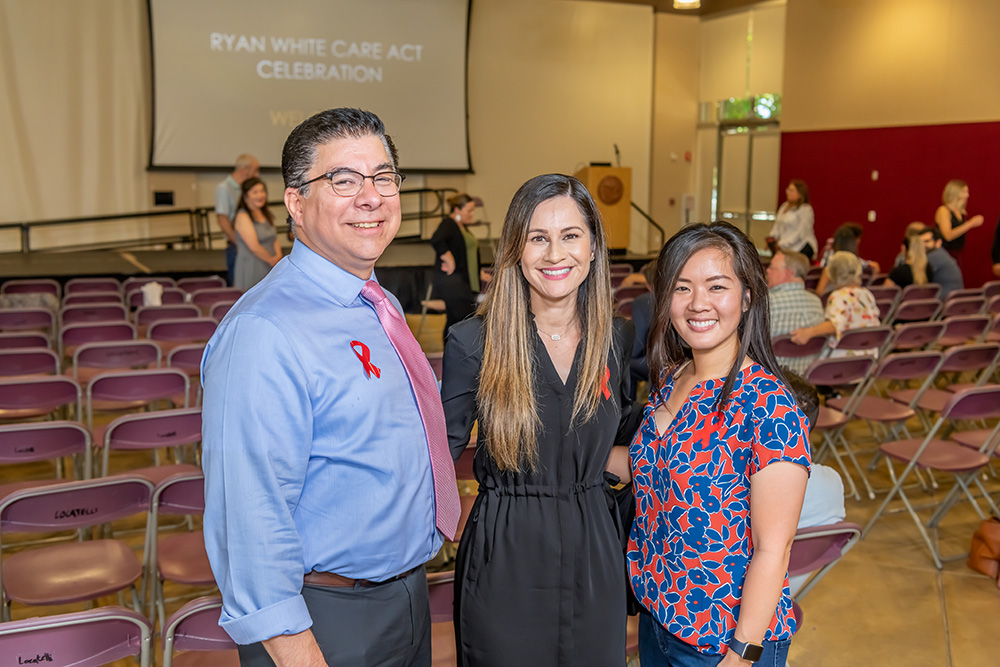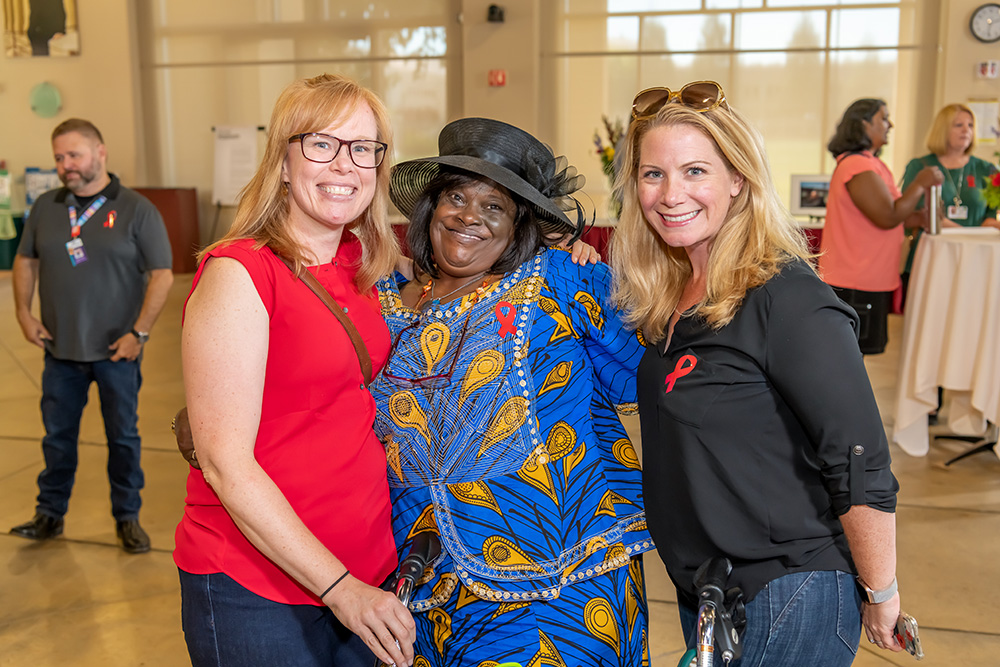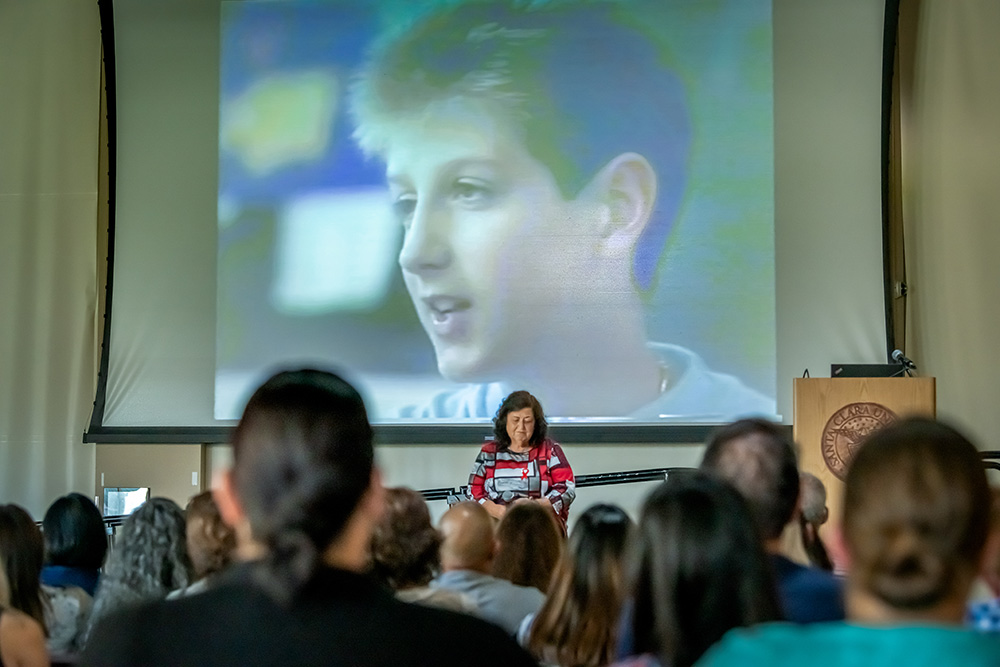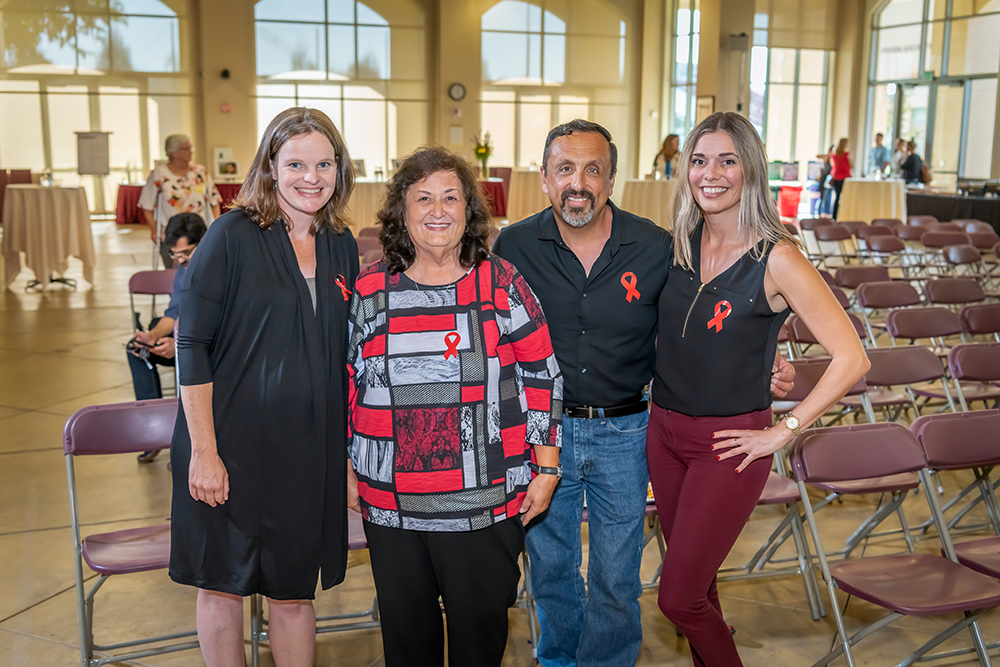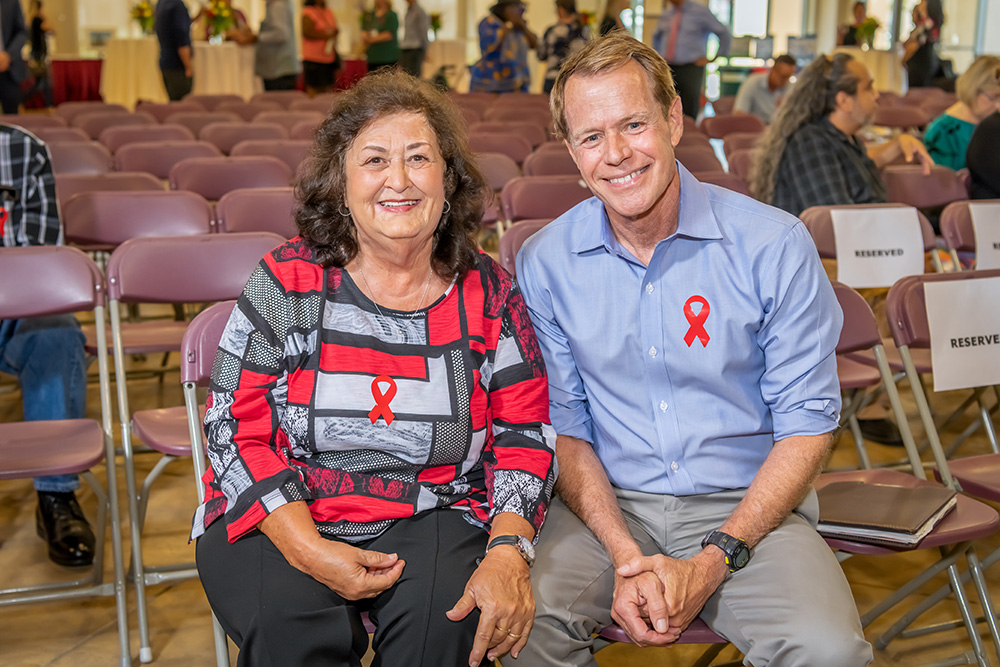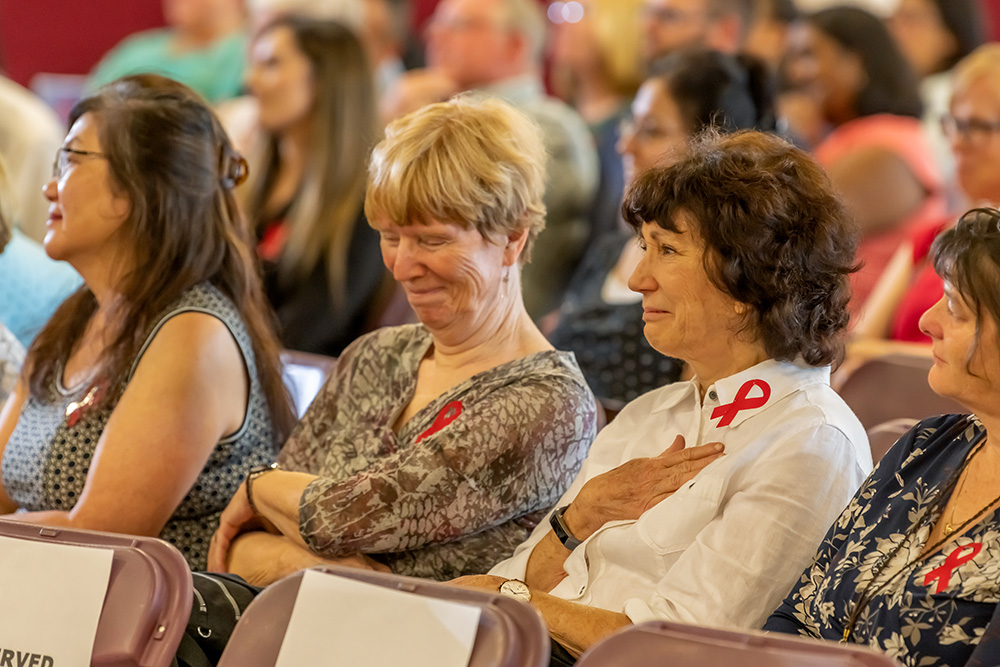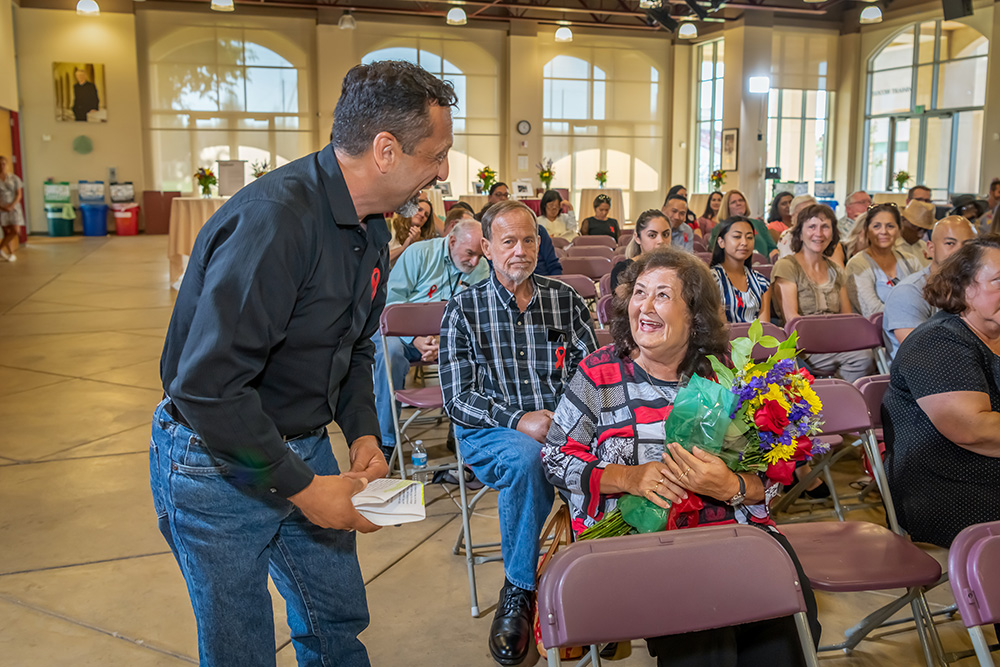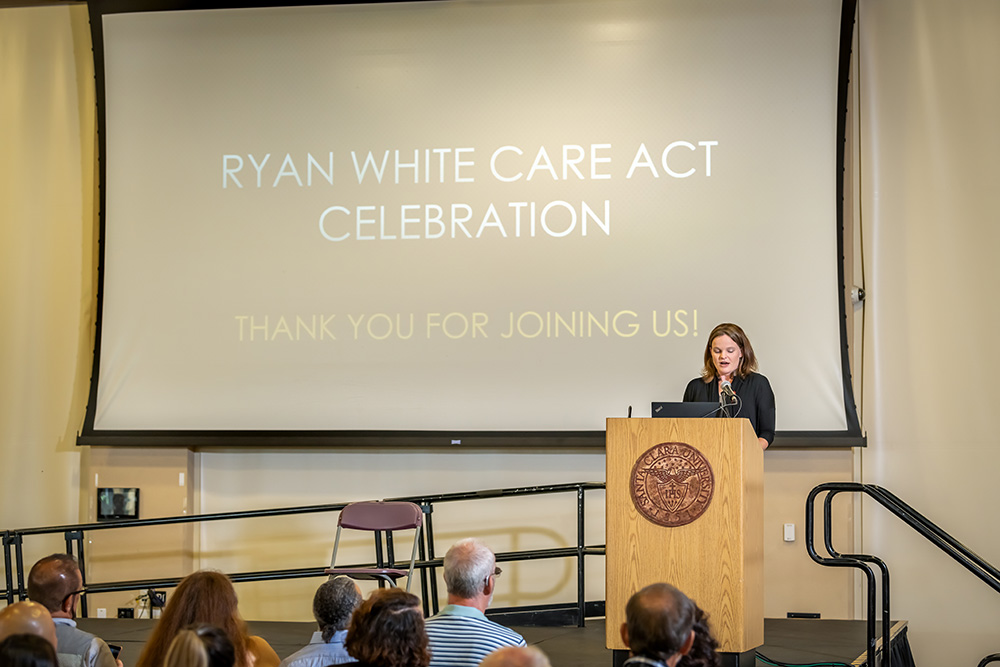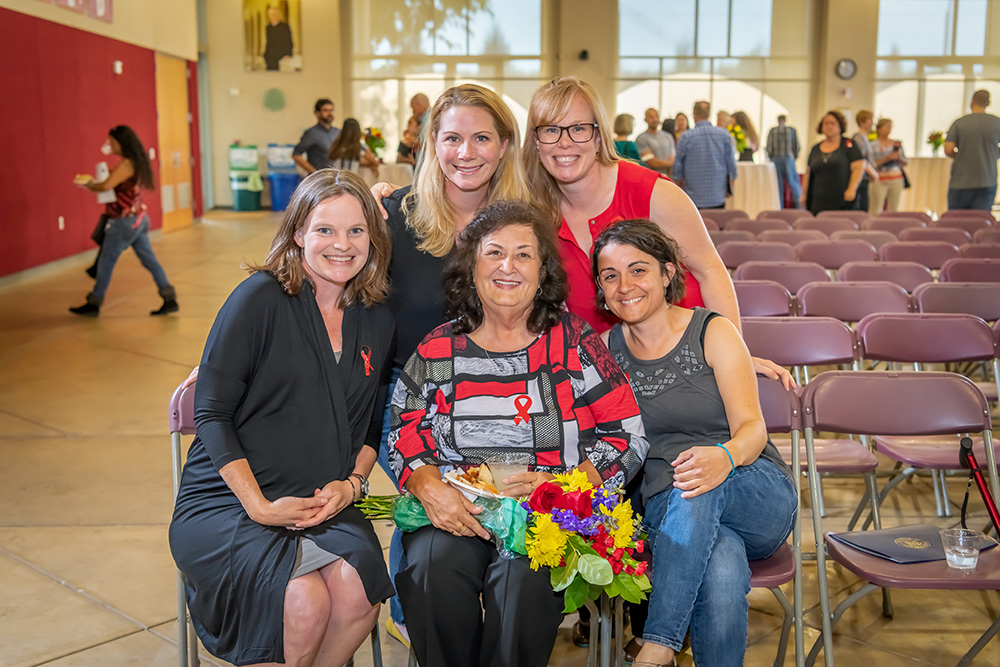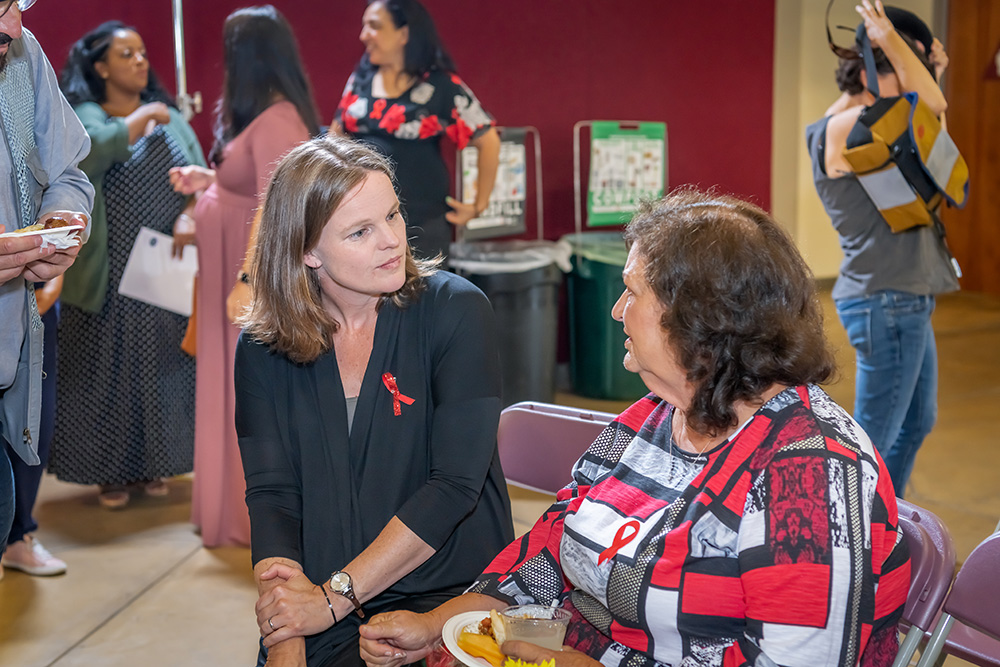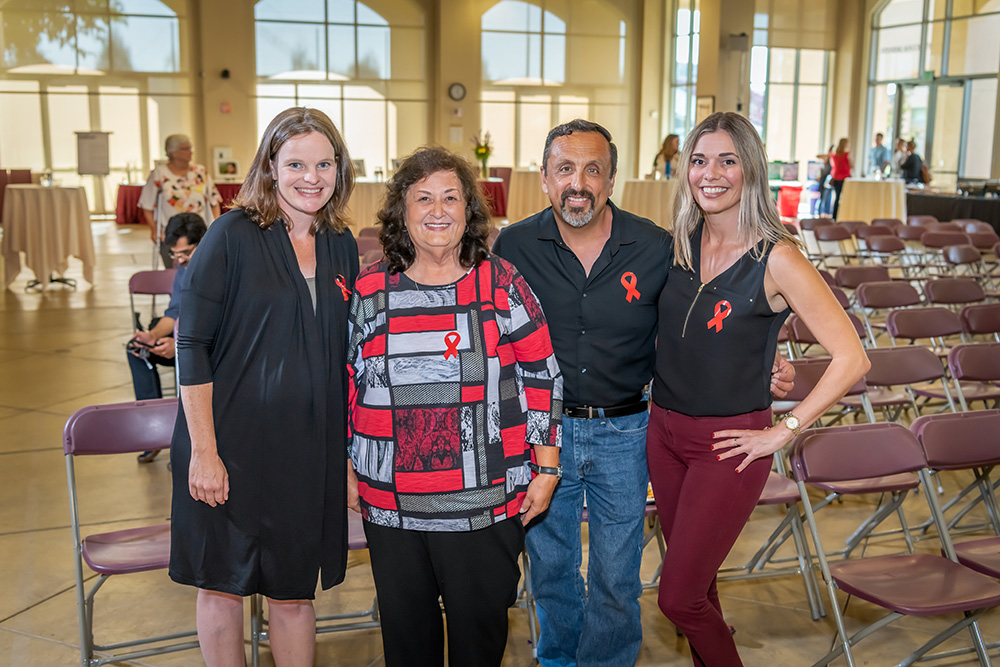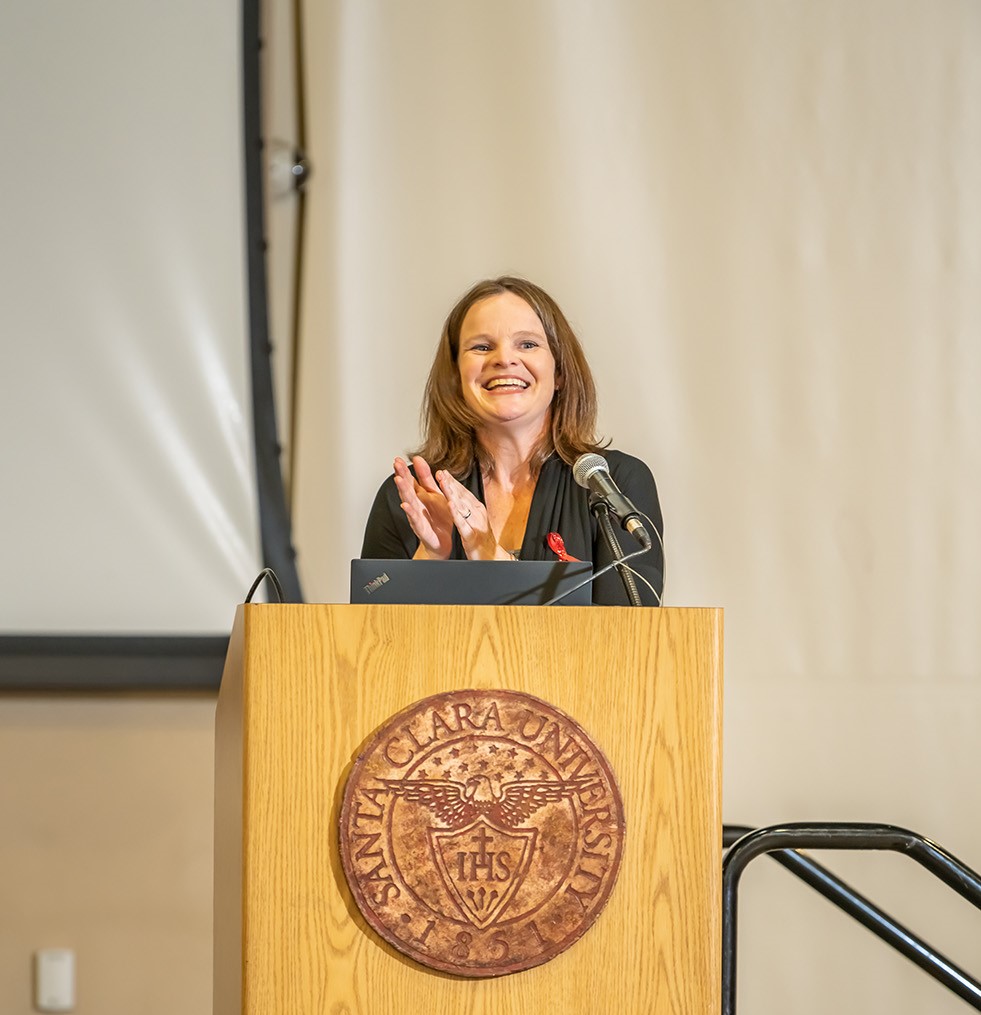Statement about Mountain View City Council Oversized Vehicle Ordinances
“We are disappointed that the Mountain View City Council passed the RV ban despite hours of public testimony about its harmful impacts on vehicle residents.”
“We will be monitoring closely as the council moves forward with implementing the ordinances and meeting with vehicle residents about next steps.”
- Michael Trujillo, Law Foundation attorney
On September 24, the Law Foundation of Silicon Valley, the ACLU of Northern California, and the Disability Rights Advocates sent a letter to Mountain View City Council detailing how the same constitutional concerns outlined in the May 7, 2019 letter apply to the de-facto ban on oversized vehicles that would be created by the two proposed ordinances, and we remain prepared to challenge the ordinances if enacted.
After extended public testimony from these residents and local service providers regarding the impact that an oversized vehicle ban would have on their families, City Council backed away from a 24-hour, citywide ban on oversized vehicle parking. Unfortunately, staff now proposes two ordinances – an oversized vehicle parking ban on narrow streets and an oversized vehicle parking ban on streets with Class II bike lanes – that would have the very same effect.
We, the Law Foundation of Silicon Valley, American Civil Liberties Union of Northern California, and Disability Rights Advocates, are prepared to challenge the proposed ordinances in court should Mountain View City Council approve them. In short, the proposed ordinances would impose a city-wide ban on oversized vehicle parking that is just as unconstitutional as a ban implemented with a single ordinance.
On September 5, the Law Foundation of Silicon Valley, the ACLU of Northern California, and the Disability Rights Advocates sent a letter to Mountain View City Council with a renewed demand related to an overnight oversized vehicle parking prohibition ordinance.
An overnight oversized vehicle parking prohibition would make it impossible for people who reside in vehicles such as vans, trailers, and recreational vehicles (RVs) to live anywhere in Mountain View, even though Mountain View is unable to offer these residents indoor shelter space. An overnight parking ban would therefore violate the state and federal Constitutions. Because a ban would disproportionately deny housing to people with disabilities and likely people of color, it would also violate the Fair Housing Act and the Americans with Disabilities Act.
